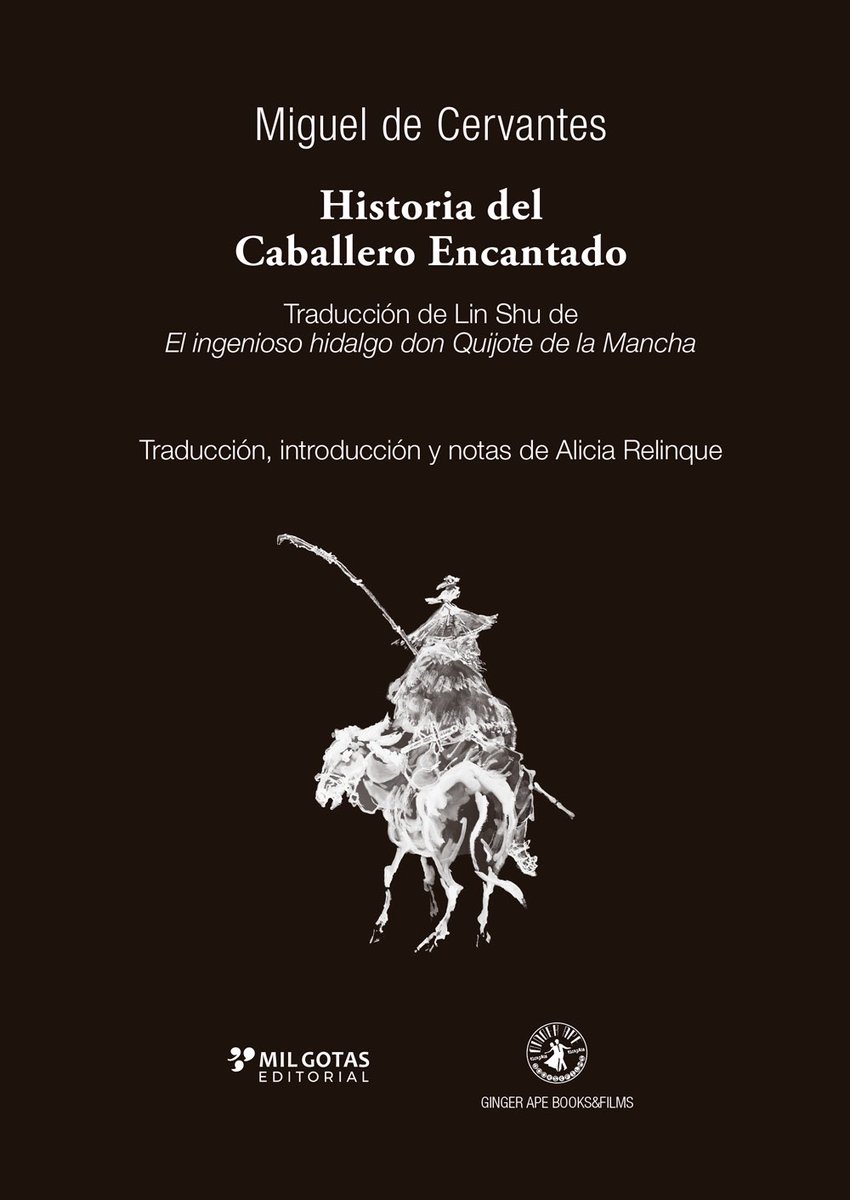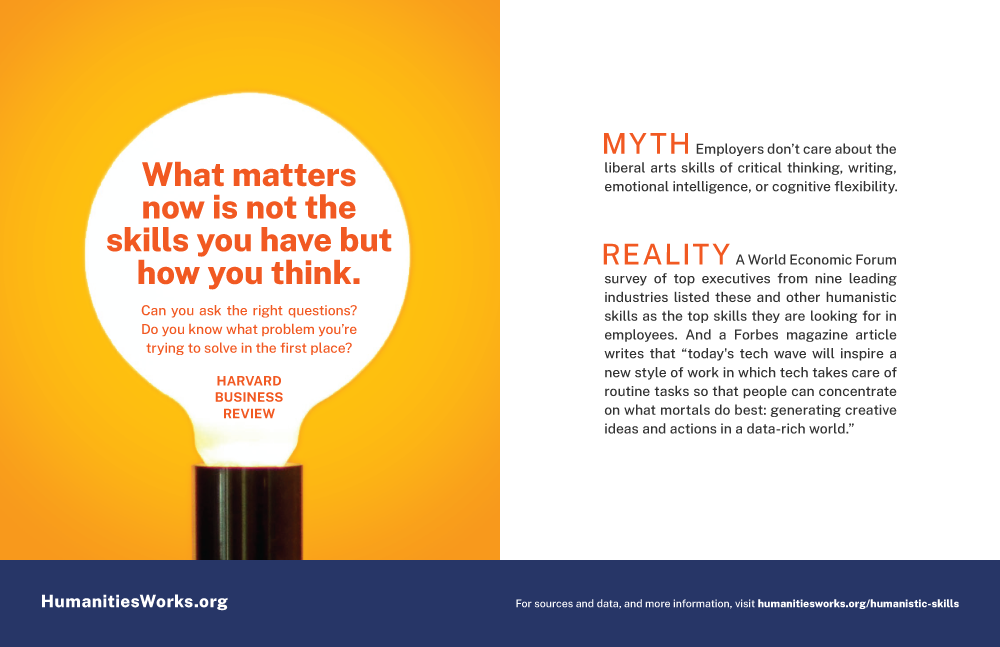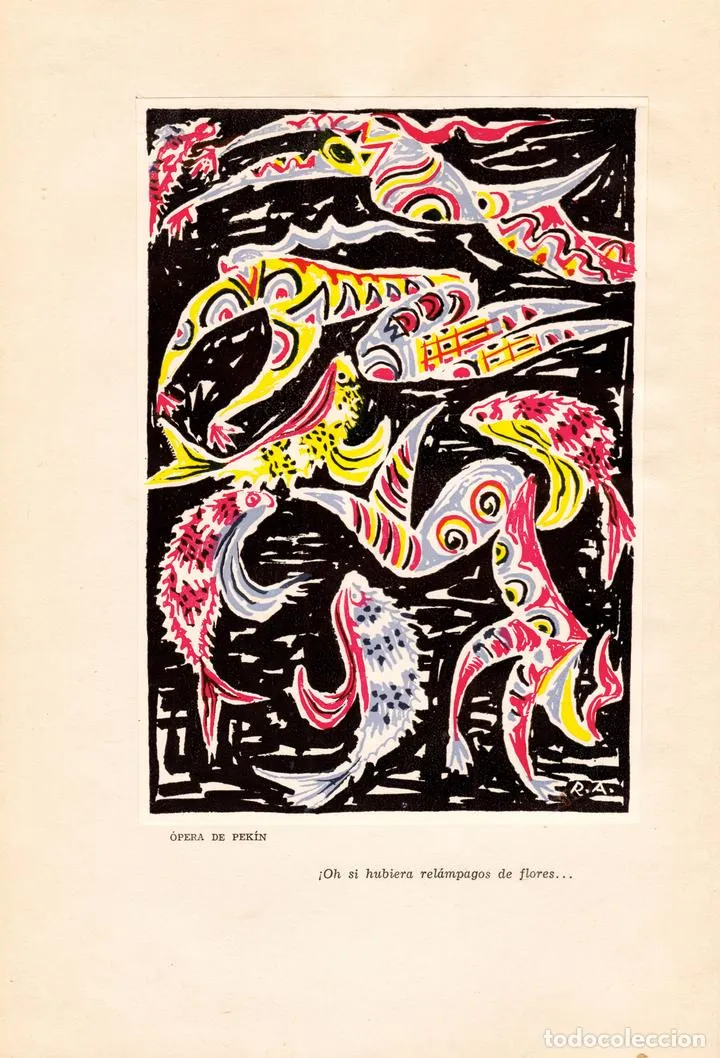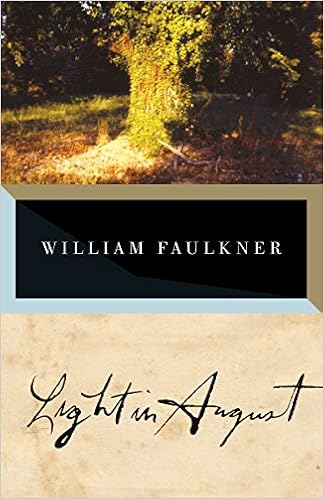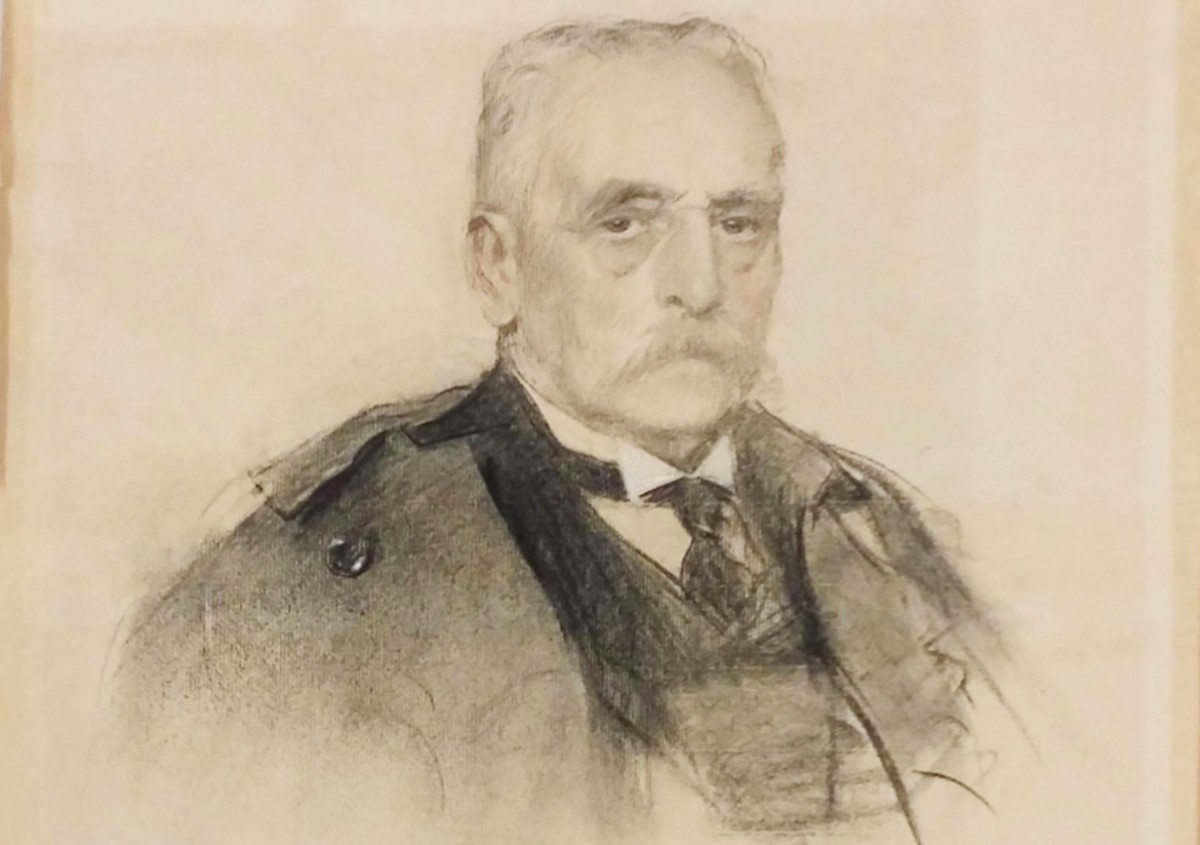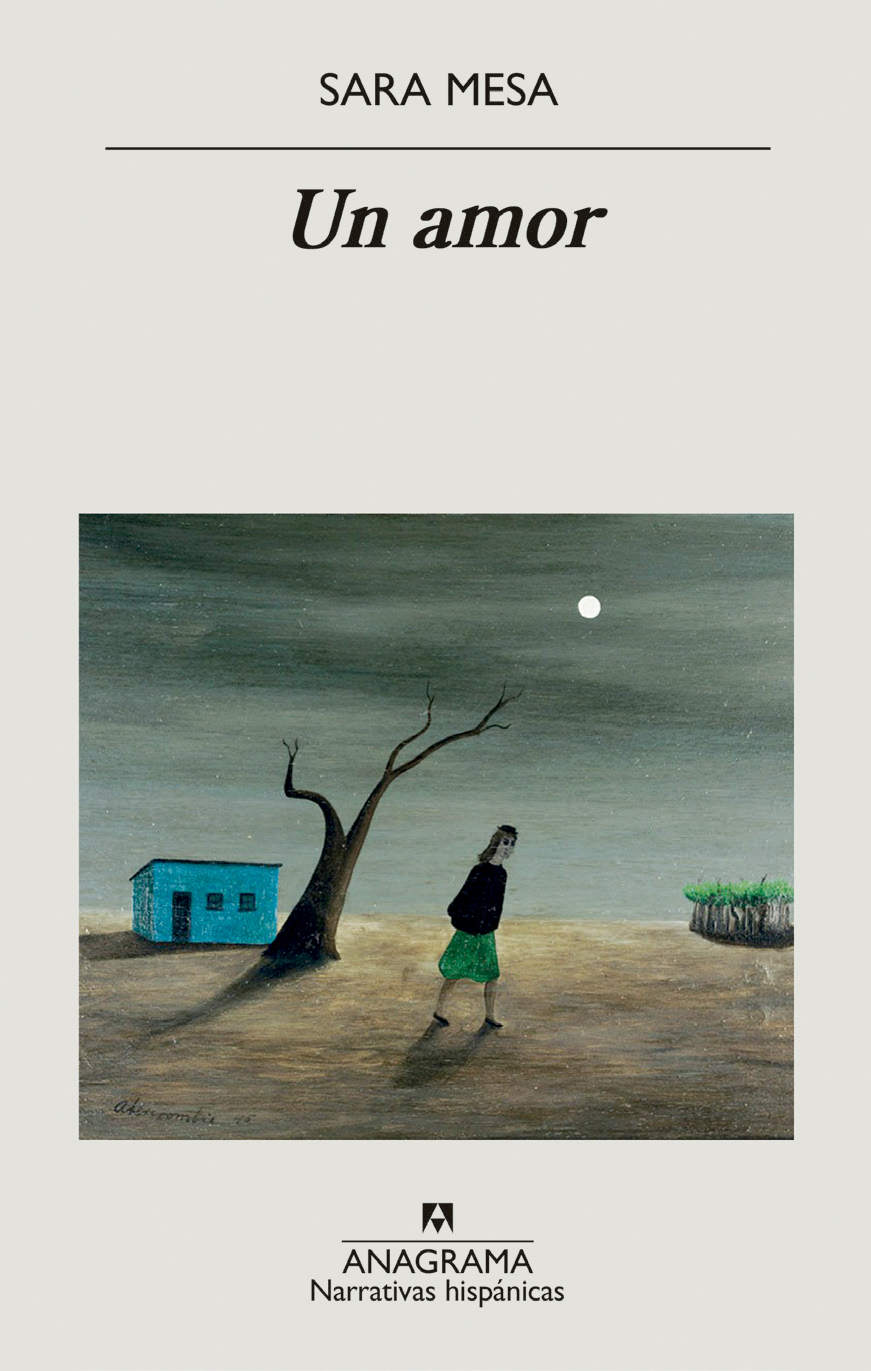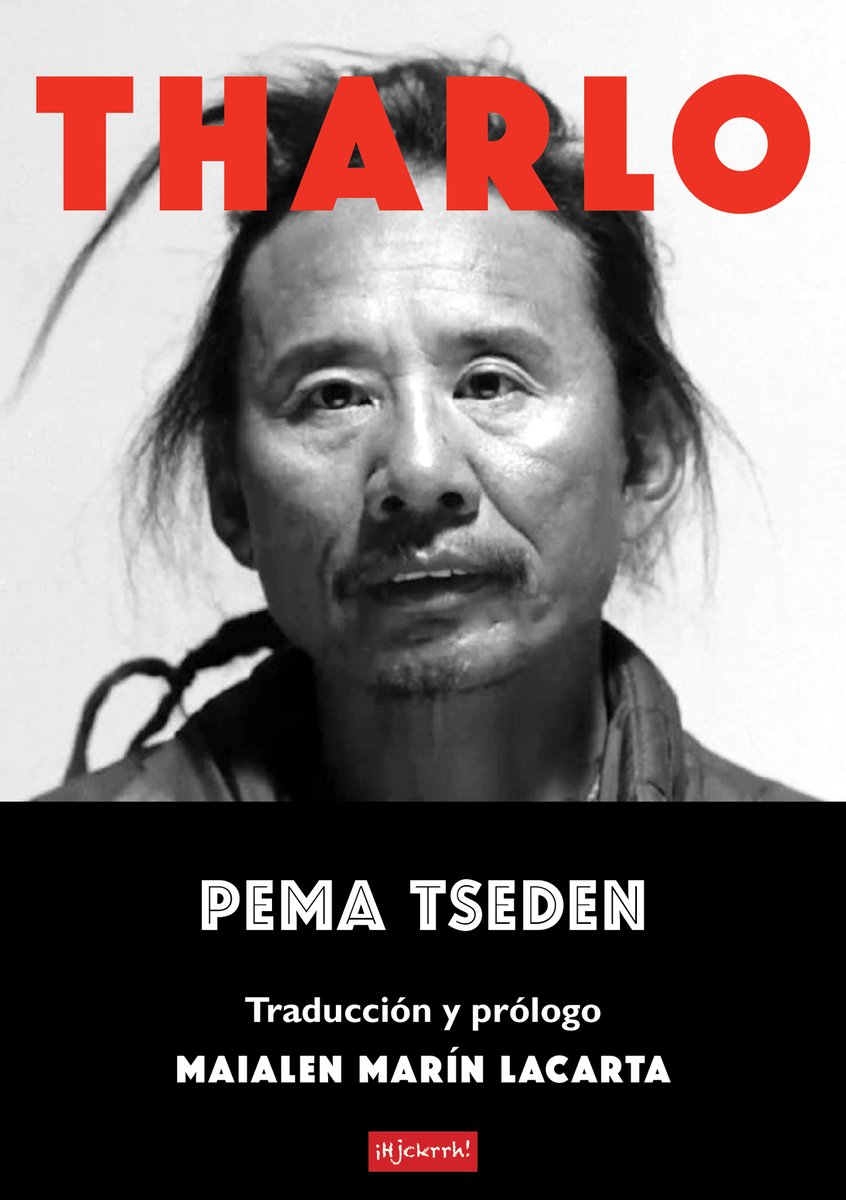Victor Segalen. Such a fascinating figure. Reading his work and trying to read as broadly as possible into the tons of literature about him.
Favorite quote so far–found on a letter that Segalen wrote to his friend Henry Manceron, written in Tianjin on September 23, 1911, later added to Essai sur l’exotisme:
A force d’entêtement, je me construis, brique par brique, un Kiosque intérieur où l’existence soit moins abjecte. Mais l’effort même de sa construction me détourne parfois du plaisir que j’ai à l’habiter.





